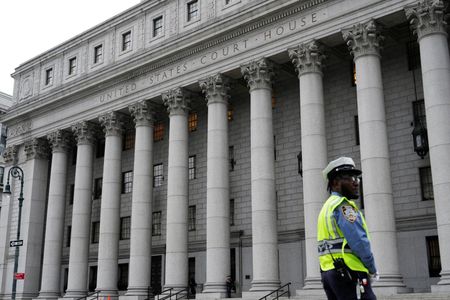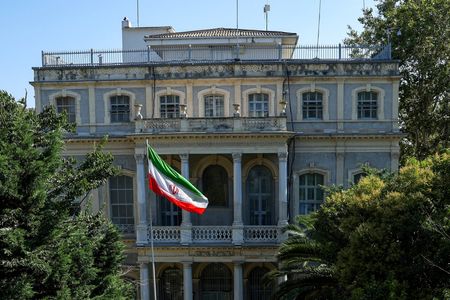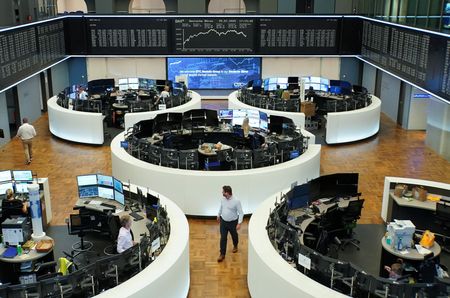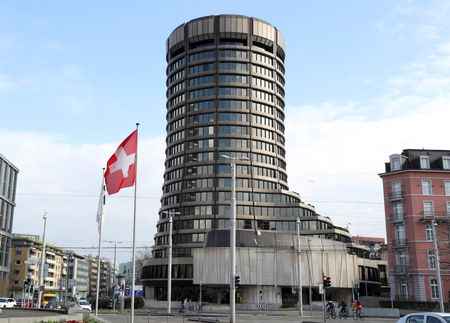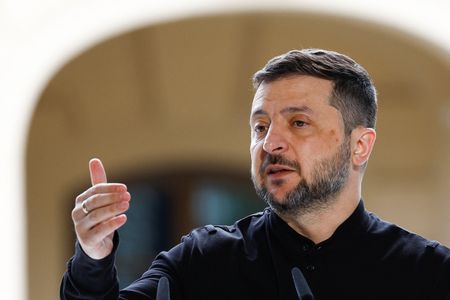BERLIN (Reuters) – Inflation in Germany has probably peaked as global energy prices have fallen, government economic adviser Monika Schnitzer said, adding that she expects natural gas prices to continue to fall this year.
“If nothing unforeseen happens, then we should actually have passed the peak,” Schnitzer told Reuters in an interview on Tuesday.
German inflation eased for a second month in a row in December due to falling energy prices and the government’s one-off payment of household energy bills, with EU-harmonized consumer prices rising by 9.6% on the year.
Schnitzer said she did not see the need for the European Central Bank to raise interest rate by more than 0.5 percentage points in its next meeting on Feb. 2, adding that the ECB was facing a difficult balancing act and must act proportionately.
She said that in light of a mild winter, the economic outlook has brightened somewhat and that economic experts were “quite right” with their November forecast of 1.7% growth for 2022. “Maybe it could even be a bit higher,” she added.
The federal statistics office will publish the figure for gross domestic product for 2022 on Friday. Analysts polled by Reuters expect economic growth of 1.8% for the year.
(Reporting by Reinhard Becker; Writing by Riham Alkousaa; Editing by Miranda Murray, Maria Martinez and Paul Carrel)



